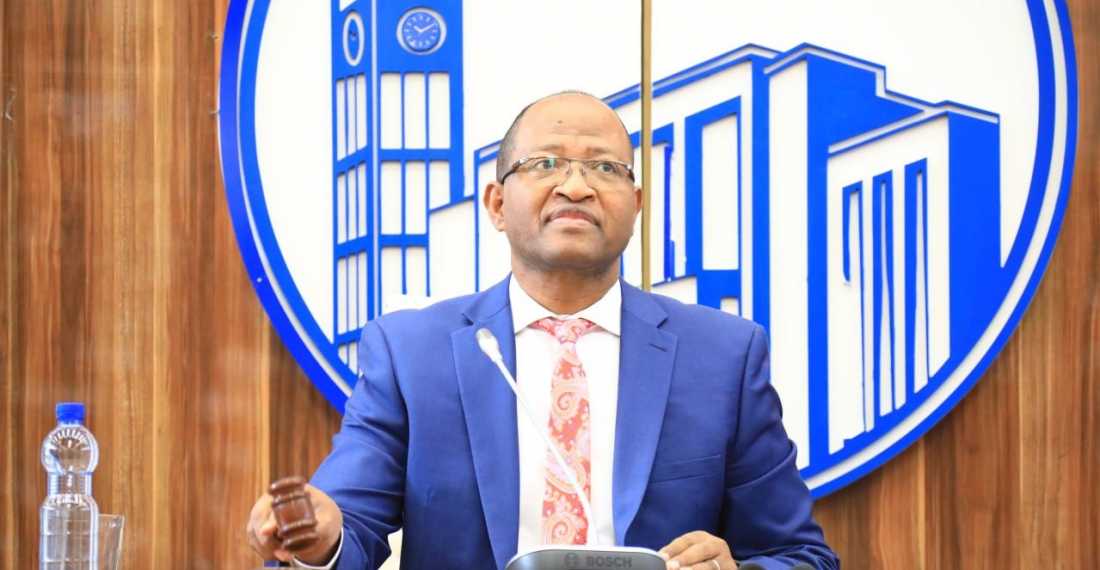The Ethiopian parliament voted on Tuesday (15 February) to lift the country's state of emergency citing improvements in the security situation. Ethiopia declared a state of emergency last November when Tigrayan fighters vowed to reach the capital, Addis Ababa.
Mediation efforts are currently ongoing but there is no sign of progress yet. The Tigrayan forces withdrew back to their region in late December. Thousands of Ethiopians were detained under the state of emergency while many other human rights atrocities were recorded by human rights groups. There is still no word if those detained will be released.
“We urge that this move be immediately followed by the release of all individuals arrested or detained without charge under the state of emergency,” the US State Department said, adding that “the end of these detentions will facilitate an inclusive and productive national dialogue.”
The state-affiliated Fana Broadcasting reported that the investigation board, established under the state of emergency, was told to restrict its activity to finishing outstanding work within a month, and report its findings to the relevant bodies.
The Parliament speaker, Tagesse Chafo, said that an advisory committee within the parliament suggested that the country’s security threats can now be dealt with by regular law enforcement.
War in Ethiopia erupted in November 2020 and is believed to have caused thousands of casualties in what the UN has described as a “de facto humanitarian blockade.”
Source: commonspace.eu with AP (New York City).
Picture: Speaker of the Ethiopian Parliament, Tagesse Chafo; Twitter: @FDREHOPR.







